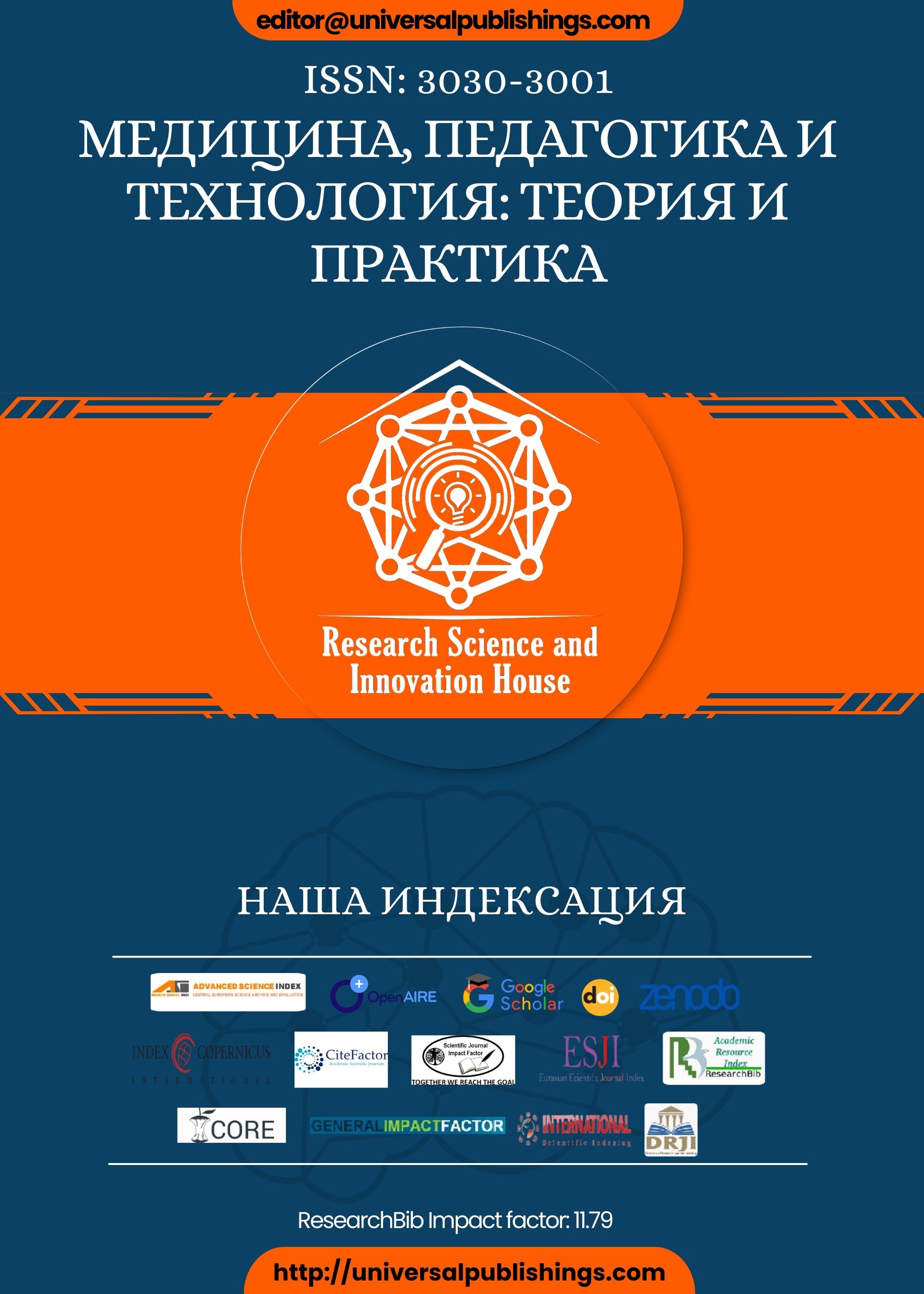Abstract
This study investigates the effectiveness of modern pedagogical technologies in enhancing language acquisition among agricultural students. Recognizing the pivotal role of language proficiency in the agricultural domain, the research explores the impact of interactive language learning platforms, virtual and augmented reality, online collaboration tools, mobile applications, and gamification on language teaching. The study aims to provide insights into how these technologies can be harnessed to tailor language instruction to the unique needs of agricultural education, fostering a more immersive and contextually relevant learning experience.
References
Chapelle, C. A. (2001). Computer Applications in Second Language Acquisition: Foundations for Teaching, Testing, and Research. Cambridge University Press.
Lee, L. (2009). Fostering reflective writing and interactive exchange through blogging in an advanced language course. ReCALL, 21(2), 170-188.
Reinhardt, J. (2019). Augmented Reality in Language Education: Emerging Practices. Bloomsbury Publishing.
Stockwell, G. (2008). Investigating learner preparedness for and usage patterns of mobile learning. ReCALL, 20(3), 253-270.
Swain, M., & Lapkin, S. (2000). Task-based second language learning: The uses of the first language. Language Teaching Research, 4(3), 251-274.
Atajanov U., & Tadjibaeva A. (2016). The importance of using modern educational technologies, including it competency approah as well as interactive methods in teaching the subject and educaional work. Актуальные проблемы гуманитарных и естественных наук, (3-5), 52-55.

